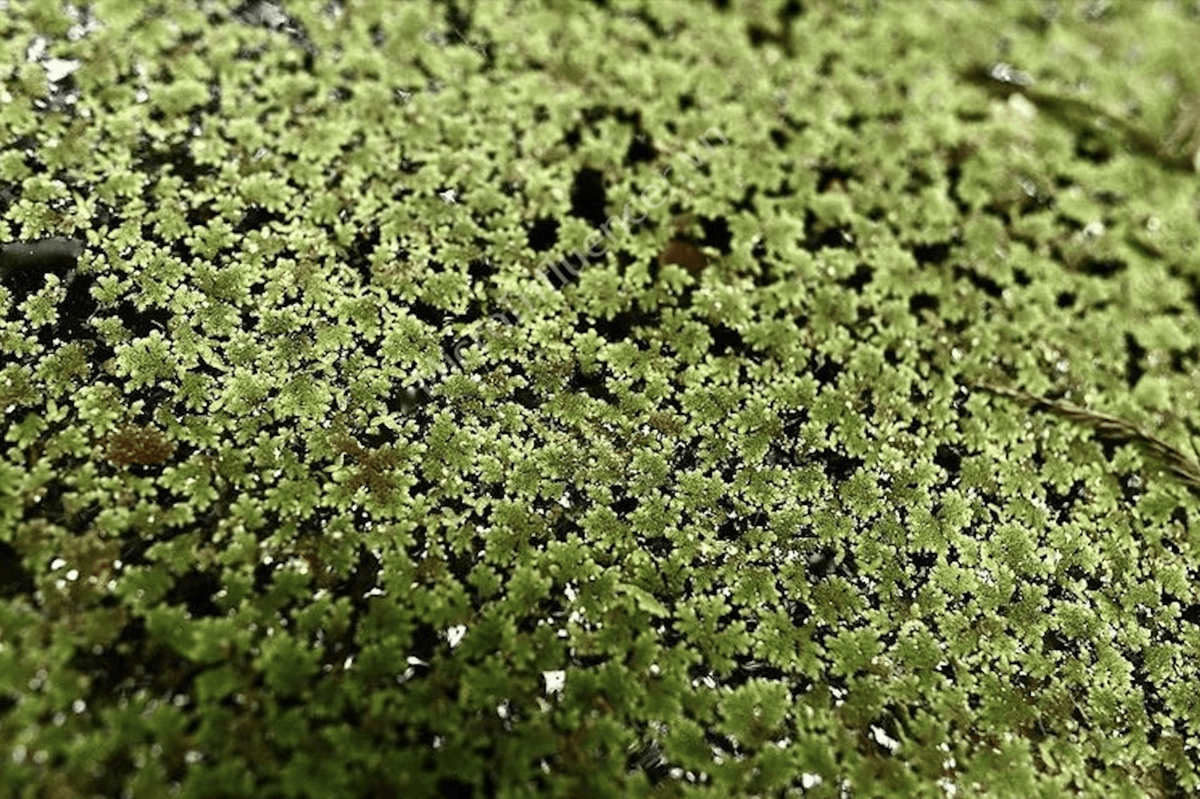
Pham Gia Minh, PhD, from Azovi, an azolla center, said some countries such as China, India and the Netherlands are using azolla on a large scale in plant cultivation and animal husbandry as a super-organism to help reduce greenhouse gas emissions.
Research has found that azolla’s CO2 absorption capability is eight times higher than green plants and helps reduce 20-40 percent of CH4 from rice fields.
Azolla could be used in coordination with funds to fight climate change and develop circular and organic agriculture.
In Vietnam, azolla can grow very rapidly, but many people are unaware of its agricultural benefits, and, as a result, it has gradually disappeared from fields in Vietnam.
The deputy director of Van Hoi Xanh Cooperative in Tam Duong (Vinh Phuc), Nguyen Khac Hoang, said that azolla doesn’t compete for space or nutrients with main crops and is a low-cost organic material used for cultivation and in the livestock industry.
When farmers use azolla in rice cultivation, they create a product line with low emissions and high quantities, thus opening up opportunities to sell carbon credits from production areas (one hectare of rice can create 20 carbon credits), he said.
However, the expansion of azolla is facing difficulties. The overuse of chemical pesticides causes azolla to wither and makes it difficult to multiply, affecting quantity, quality, and timely harvests. This also affects the application of mechanization and automation in azolla cultivation.
An official from the Bac Kan Department of Agriculture and Rural Development said Vietnam still cannot measure the volume of greenhouse gas emissions from rice fields with azolla. Also, if farmers cultivate azolla, they must control yellow snails, but no biological substance or herb can eliminate the snails.
Experts and farmers have called on agencies to release a policy soon on classifying azolla either as a fertilizer or a plant, and set up azolla growing areas in environments with temperatures of 20-30oC.
Minister of Agriculture and Rural Development Le Minh Hoan said azolla could promote the value of existing resources and expand sustainable agriculture.
Tam An